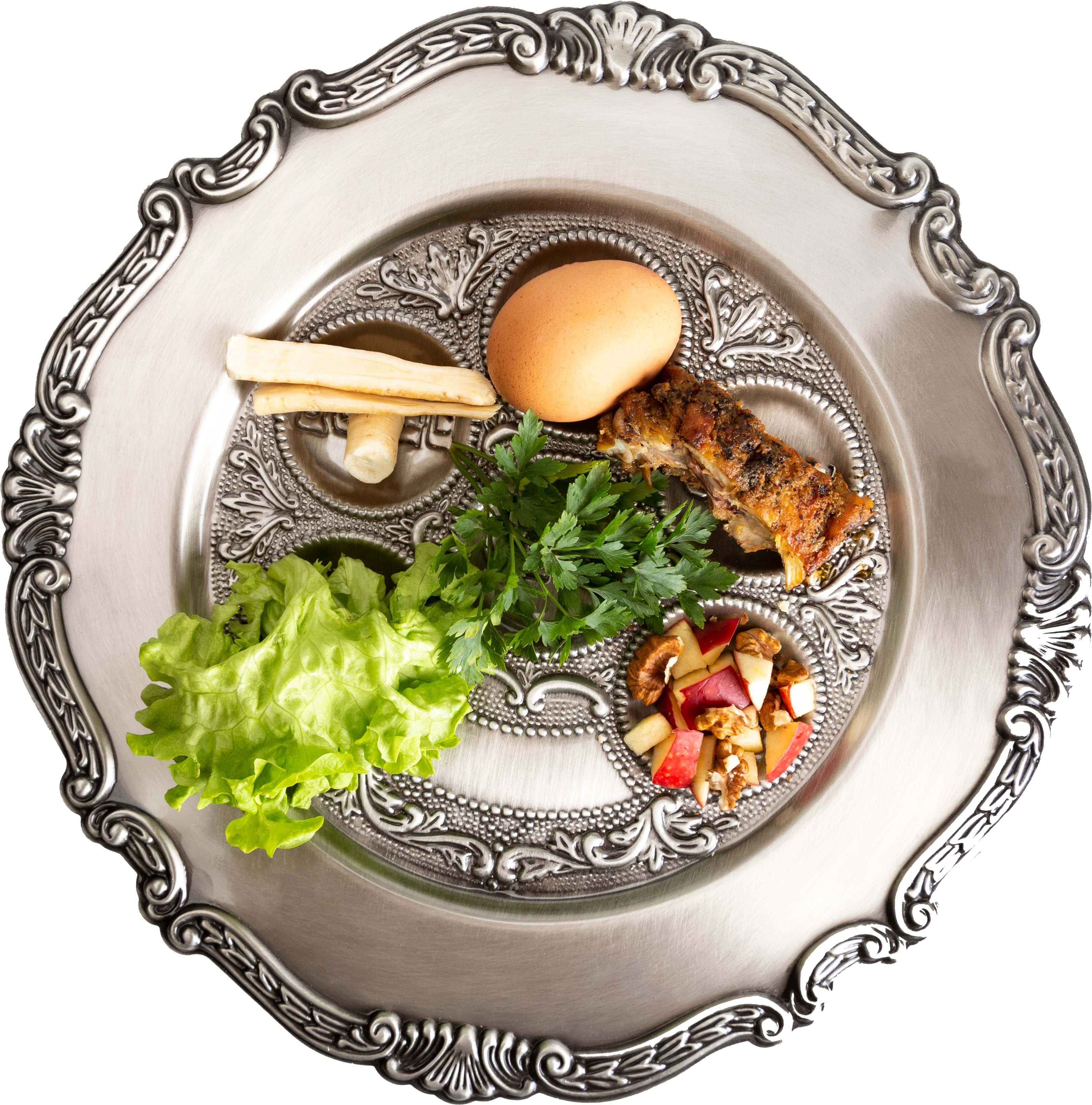All About Pesach
Everything you need to know about Pesach (Passover)
The eight-day festival of Passover is celebrated in the early spring, from the 15th through the 22nd of the Hebrew month of Nissan. It commemorates the deliverance of the Jews from slavery in ancient Egypt. And, by following the rituals of Passover, we have the ability to relive and experience the true freedom that our ancestors gained.
The highlight of Passover is the Seder, observed on each of the first two nights of the holiday. The Seder is a ritual-packed feast.

Bitter herbs. These symbolise the bitterness and harshness of the slavery which we endured in Egypt.
Traditionally made from chopped nuts, grated apples, cinnamon, and sweet red wine. Sephardi recipes typically call for dates and honey. The Charoses represents the cement used by the Jewish slaves in Egypt.
A vegetable such as Parsley, celery or boiled potato is usually used. This is dipped into salt water at the beginning of the Seder. The dipping of a simple vegetable into salt water (which represents tears) mirrors the pain felt by the Jewish slaves in Egypt.
A roasted lamb or goat shank bone, chicken wing, or chicken neck; symbolizing the korban Pesach (Pesach sacrifice)
A roasted hard-boiled egg, symbolizing the korban chagigah (festival sacrifice) that was offered in the Temple in Jerusalem and roasted and eaten as part of the meal on Seder night
A bowl of salt water, which is used for the first “dipping” of the Seder, is not traditionally part of the Seder Plate, but is placed on the table beside it
THE SEDER
The focal points of the Seder are:
Eating matzah When our forefathers left Egypt, they were in such a hurry that there was no time to wait for the dough to rise. They therefore ate matzah, unleavened bread. With only this food (but with great faith), our ancestors relied on the Almighty to provide sustenance for the entire Jewish nation. Each year, to remember this, we eat matzah on the first two nights of Pesach.
Eating bitter herbs To commemorate the bitter slavery endured by the Jews.
Drinking four cups of wine (or grape juice) Corresponding to the four expressions of freedom mentioned in the Torah. Wine, a royal drink, to celebrate our newfound freedom.
The recitation of the Haggadah A liturgy that describes in detail the story of the Exodus from Egypt. The Haggadah is the fulfilment of the biblical obligation to recount to our children the story of the Exodus on the night of Passover.
The Seder Plate Each of the six items arranged on the plate has special significance to the retelling of the story of the exodus from Egypt, which is the focus of the Pesach Seder.
To commemorate the unleavened bread that the Jews ate when they left Egypt, we don’t eat or even retain in our possession any “chametz” from midday of the day before Passover until the conclusion of the holiday.
Chametz means leavened grain — any food or drink that contains even a trace of wheat, barley, rye, oats, spelt or their derivatives and wasn’t guarded from leavening or fermentation. This includes bread, cake, cookies, cereal, pasta, and most alcoholic beverages. Moreover, almost any processed food or drink can be assumed to be chametz unless certified otherwise.
Ridding our homes of chametz is an intensive process. It involves a full-out clean during the weeks before Passover culminating with a search for chametz on the night before Passover, and then burning the chametz on the morning before the holiday.
However… eating during the Pesach festival is still plentiful!
At Kosher Kingdom, we have thousands of Kosher for Passover food products to choose from. Cakes, biscuits, cereals, prepared foods, deli, drinks and even Kosher for Passover pastas, pizza and buns!
Shopping for Passover is a real experience at KK. We look forward to serving you!


